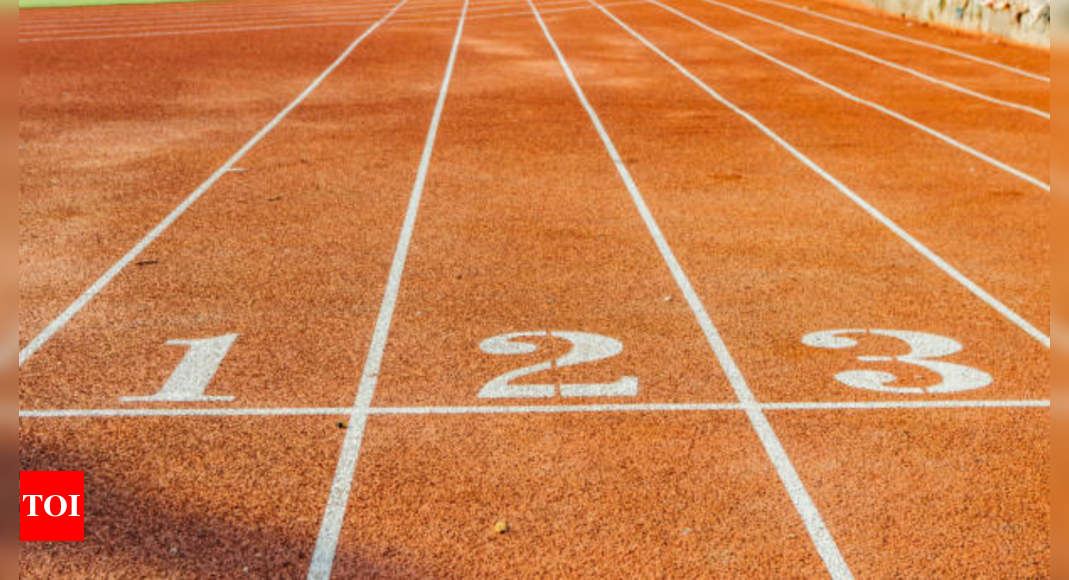The Olympic Games are at the pinnacle of human achievement. The athletes competing in these games are all the strongest, fastest, and most skilled athletes in the world. The games don’t just test athletes physically, they also test players mentally – and it’s the most mentally resilient players who come out on top. It’s no surprise that people often say that the most important distance is the 6 inches between your ears. However, this gap, while important, is not always well understood. What role does the mind really play and what does an athlete need to train to win this mental game? Mental health, happiness and peak performance are all on a spectrum and the simple way to understand it is to think of it as similar to physical training. The scope of physical training covers all the way from rehabilitation and recovery to strength and conditioning. The same goes for mental health – the spectrum ranges from managing mental health concerns to self-care and mental regulation. From personal happiness to enhanced performance. Just as strength and conditioning is about helping athletes reach the peak of their physical potential, becoming physically stronger so their bodies can meet the demands of their sport, mental conditioning is about helping athletes reach the peak of their mental potential to serve this sport. Games are played in high-pressure environments and only those players who can withstand, and in fact exploit, this pressure, will be successful. Confidence, commitment, motivation, self-control, resilience and focus are some important aspects of mental strength that athletes must develop. Visualization, self-talk, goal setting, attention control training, zoning out, mindfulness training, biofeedback, simulation training, and self-regulation are some commonly used strategies. used by sports psychologists to help players enter a flow state and play to their full potential. While mental conditioning is something that is becoming increasingly accepted in the world of sports, there is still another side of the spectrum that is not very well understood. Take a student for example – when thinking about a student, the only sign of success we look at is their grades. Nothing else. Do we stop and think – is this child happy? In addition to achievements and medals, the health and happiness of athletes are also very important. Over the past few years, some of the world’s greatest players – Michael Phelps, Simone Biles and Naomi Osaka, to name a few – have come out and spoken about their struggles with mental health. Ensuring that our athletes receive the right support during such times is essential. For the first time, a team of mental health experts will be part of the medical team accompanying the players to the Paris 2024 Olympic Games. Such an initiative by the Indian Olympic Association (IOA) and the Ministry of Sports truly demonstrate their commitment to the overall health and wellness of our athletes. It also aligns with the efforts and vision of the International Olympic Committee, which has recognized and advocated for athletes’ mental health over the past few years. To truly win the mind game, every aspect is important. And what we must understand is that an athlete’s health, happiness and performance are inextricably linked. After all, the scope of mental health is much more than just the absence of illness. According to the World Health Organization, mental health is a state of mental health that helps people cope with stresses in life, develop their abilities, study well, and work well. and contribute to the community. The impact of this decision to include mental health as part of the team will not be limited to players who only compete at games. Learning from their role models, young upcoming players will also realize the importance of this intellectual game. It’s time we create a sports ecosystem that prioritizes the mental health and safety of our athletes. Paris 2024 promises to be a positive step in the right direction. (Author: Dr. Samir Parikh (psychiatrist) is the Lead Mental Health Specialist and Divya Jain (Sports Psychologist) is the Mental Health Specialist of the Paris 2024 Medical Team led by the Association appointed by the Indian Olympic Association.)









